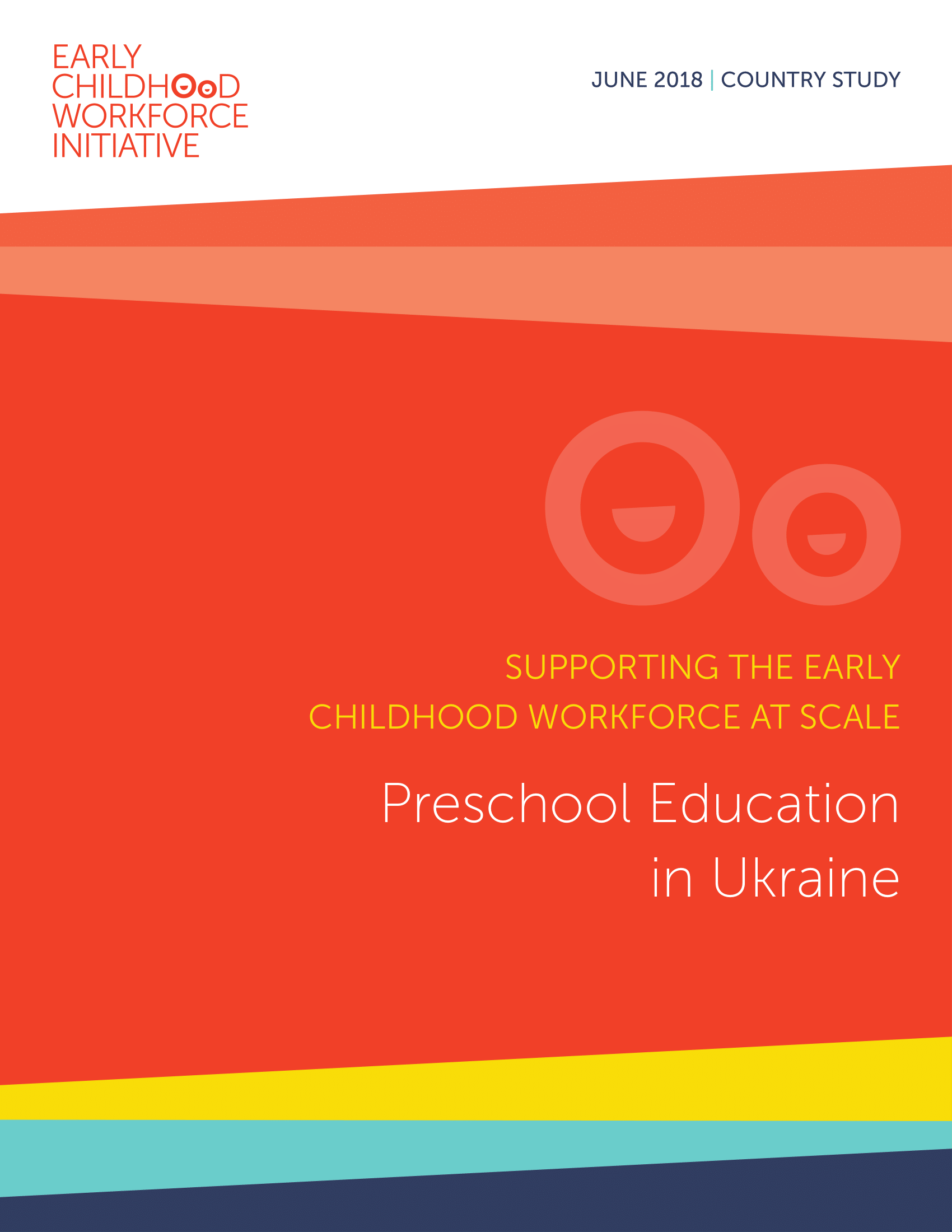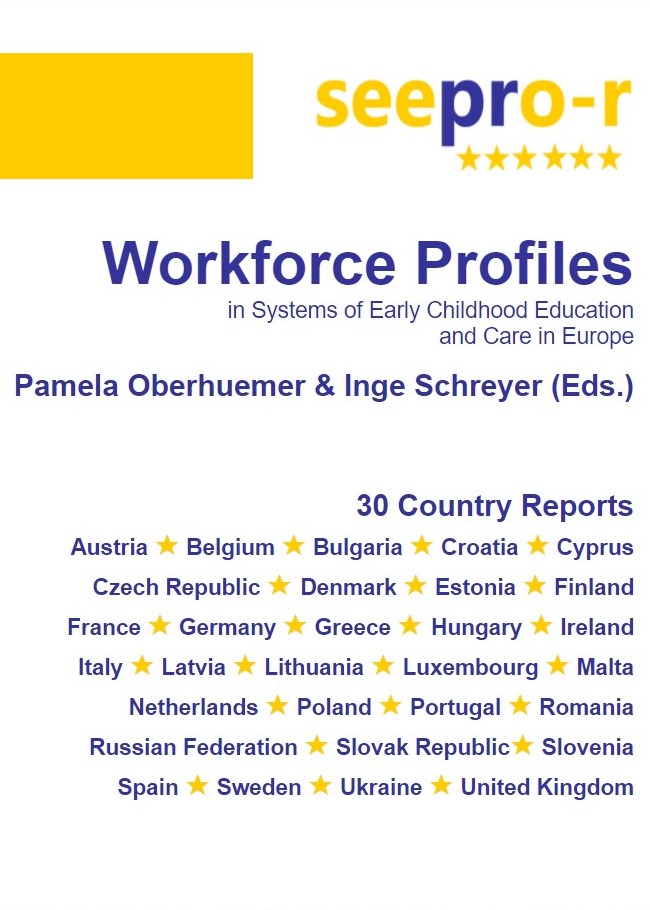Supporting the Early childhood Workforce at Scale: Preschool Education in Ukraine

This study, the second in this series, focuses on the role of preschool teachers in Ukraine. The country, with a predominantly public network of preschool education, has achieved coverage for a significant proportion of the population.
This study, the second in this series, focuses on the role of preschool teachers in Ukraine. The country, with a predominantly public network of preschool education, has achieved coverage for a significant proportion of the population. Nevertheless, it struggles to meet demand and ensure quality of services. In addition, Ukraine is at a unique moment where increasing attention is being paid in the country to improving the quality of preschool education and supporting inclusion, which have been elevated in recent policy reforms. Taking into account the significance of preschool teachers to the system of preschool education, this study aims to gain a better understanding of their experiences, including their backgrounds, the support that they receive, as well as the challenges that they encounter.
By illustrating the experiences of preschool teachers in Ukraine and identifying the size and scope of the challenges they face, it is hoped that this study will support officials within the Ministry of Education and Science (Ministerstvo osvity i nauky) in Ukraine as well as local education departments to strengthen and support preschool personnel through targeted policies and programs and contribute to the knowledge base around the early childhood workforce.
Authors: Year of Publication:2018


